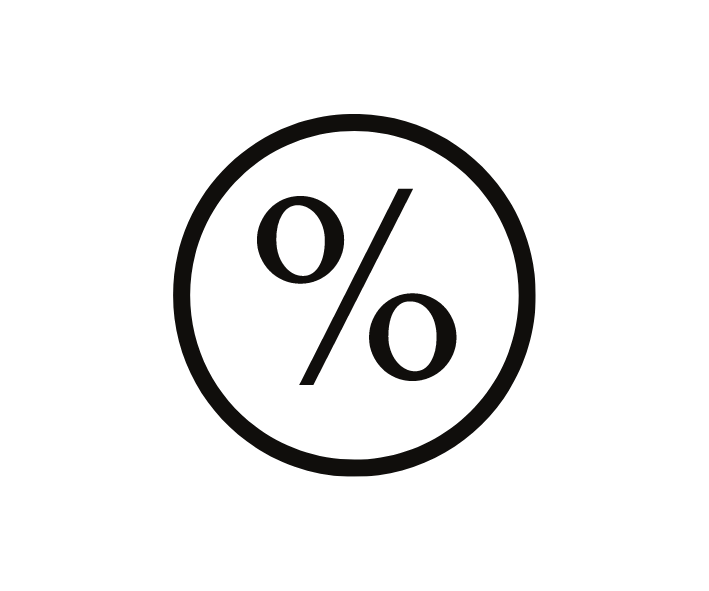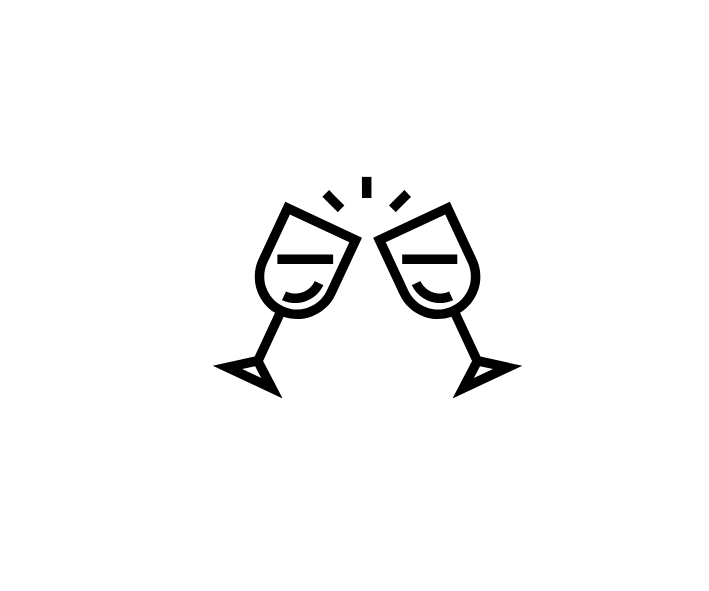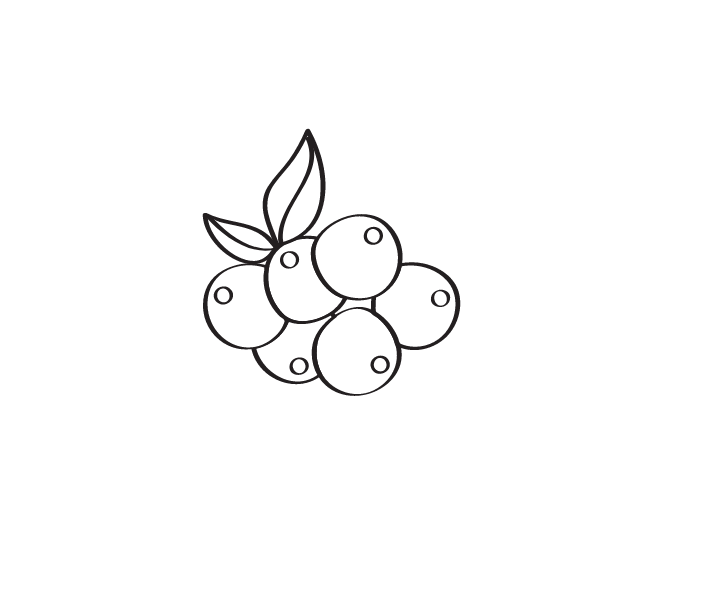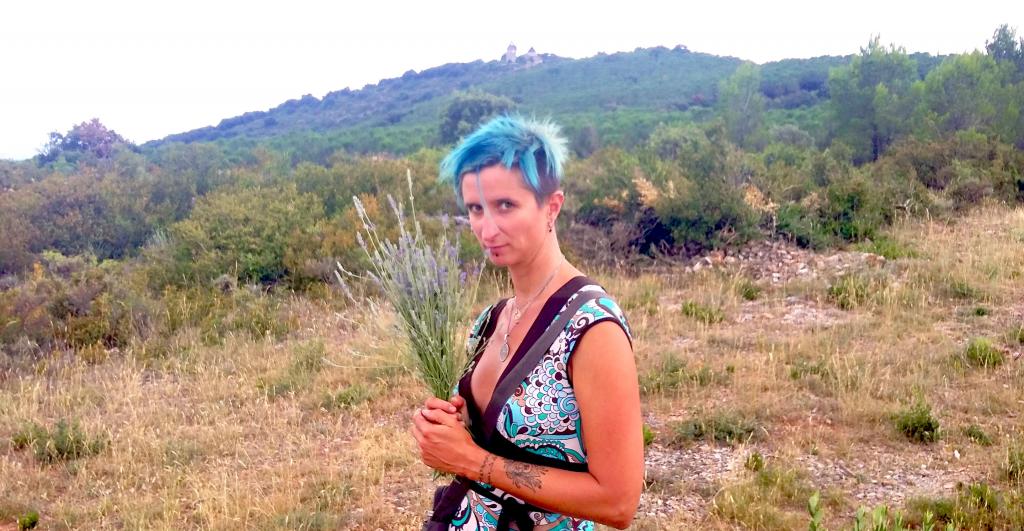
Hi Theresa,
Do you remember the first alcohol you tried ? What happened then ?
I’ve always liked drinking alcohol, when I was a child I used to take a nip on the sweet sherry my parents sometimes had for Aperitif. Actually alcohol is the only drug I can handle. The others I’m either scared of or I don’t like the effects. But as with everything: I like the good stuff, the play of flavours, the exquisite taste. I don’t drink to get drunk (anymore 🙂 I prefer a glass of tap water to sulfured wine, shitty beer or industrially produced spirits.
What is your definition of distillation ? And how would you define a good distiller ?
Distillation is evaporation and re-condensation of a substance. Technically. But to me distillation cannot be cut off from its alchemist roots. It’s a way of transforming matter that is rather magic and full of mystery. A good distiller is someone who devotes him- or herself to the quality of their spirit. There are many ways to be a good distiller, many „styles“ of working. To me your project must most of all be coherent and honest.
What is the most difficult when you are distilling ?
Distilling is simple. Selling is hard.
What is the most beautiful when you are distilling ?
That you never know what it’s gonna be: and then it starts flowing and you smell and taste… it’s magic. But my favourite part is going picking the wild herbs in the mountains and fields.
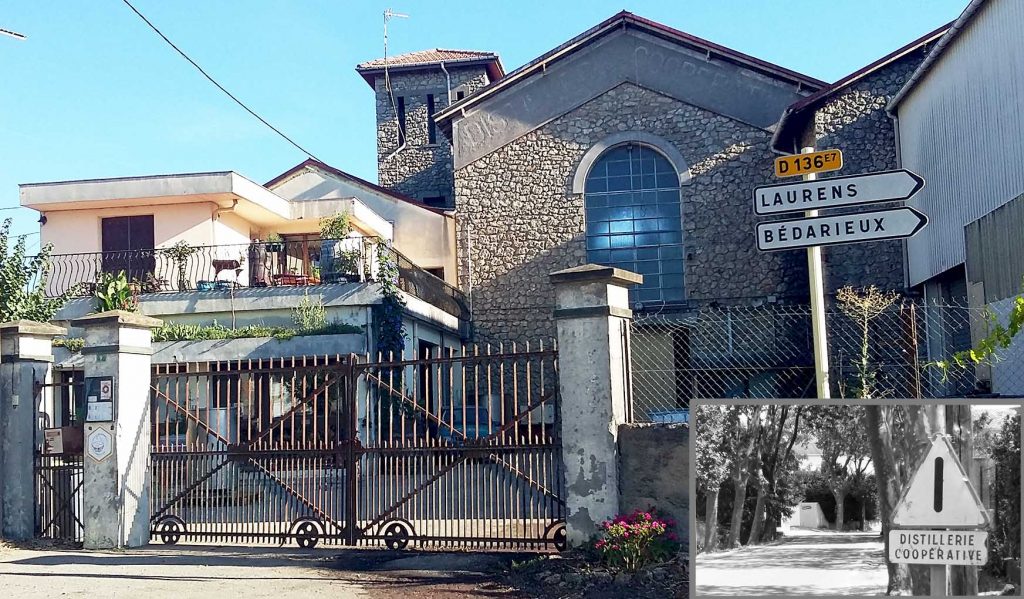
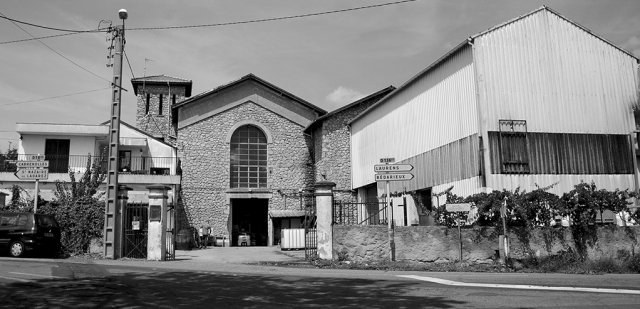
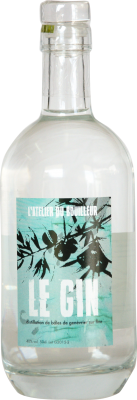
How to become a distiller ? What would you suggest to someone who wants to become a distiller ?
There are many ways, I guess you have to know first what you want: do you want to be more in the flavouring business, working on industrial ethyl alcohol, or do you want to transform, to „extract the spirit of a substance“ as the alchemists say?
Do you want to buy your ingredients or do you want to follow the agricultural tradition of distilling?
Do you want to be mindfull of humans and nature, hence work organicly, locally, sustainably and without using chemicals?
You must now your own standards and demands. That determines which formation you need.
I think it is important to go and have a look at different distilleries and see how they work, take some internships, to develop your own preferences and style. It makes sense to take a look at theoretical and legal stuff, too.
Spirits are highly state-regulated and we still know very little about them scientificly. A research institute in Switzerland estimates that we know ~10% about alcohol, whereas wine is researched to almost 100%. There are so many phenomena where people will tell you one thing and then you discover that the contrary is true, too.
I love that about spirits: we’re still in the dark (even if some don’t want to admit it) and therefore it has something mystical about it. It’s full of surprises.
Would you suggest the same to a young girl or a young boy ? Did it ever matter to you to be a woman or was it actually positive ?
Ah well. As in many other parts of the world, it’s harder when you’re a woman, because the spirits world is in desperate want of modernisation. Old (white) men, often arrogant and snobbish to the bone, will preach you what’s right and wrong (if they talk to you at all).
Unfortunately many young men are following their footsteps, behaving like hipster snobs and wannabe bourgeois.
The spirit world in general is a very closed and elitist thing, dominated by big industry. So it’s ugly, and when things are ugly, they’re usually even uglier for women. But women are coming up in wine already, so soon the sexist jokes and preaching old men will disappear in spirits too.
I’ve come to know some incredibly emancipated, strong willed and creative women-disitillers. I hope that the new generation of craft distillers will overthrow the reign of the old male elite.
Or maybe we’ll just bypass them.
What has surprised you most recently in the industry?
The sprouting of craft distilleries everywhere! 5 years ago we were still UFOs, now it’s going crazy. So one more reason why I think the spirit of spirits will change soon. It will become younger, more diverse and more open. I hope our generation of craft distillers will be united in a spirit of openness and sharing.
What is missing in the world of spirits ?
We still need to do a lot of education amongst us and of the public. When you think that the alambic used to be part of every farm just 2 generations ago, it’s crazy how much knowledge and culture we’ve lost! Surely it wasn’t always drinkable what they boiled in their kettles back then, but nowadays people don’t even know what a still looks like anymore, let alone that there are different varieties and techniques. I must say that I’m talking for Western Europe. I don’t know how things are happening in Romania or Georgia e.g.
And I believe that we desperately need a „natural spirits“ movement like the Natural Wine movement. But it’s coming along, we’re about to create a manifesto here in France. To me that’s part of the education, to say: look, these are all the additives and procedures used in producing alcohol (like sulfuric acid, selected yeasts, artificial enzymes, different animal products for clearing and filtering, artificial colour, sugar, etc etc), so it may not even be vegan or vegetarian. Ask how it’s made! And here’s a bunch of people who adhere to not intervening on their mash and spirit, who let nature do it’s work. You can’t make a good choice if you don’t have information or rather: education.
What do you think of this trend of alcohol-free alcohol and the low alcohol trend? How does it impact you as a high proof spirits maker ?
When I don’t drink alcohol, I drink herbal tea, water or fresh juice. Those are wonderfull drinks. I don’t see the point.
What would be your definition of craft spirits?
Spirits made by hand. Full stop.
I’m not sure I find flavouring industrial alcohol to be craft. We have yet to discuss that. But we are starting a distillers guild in France in May, so on the founding meeting I guess we will come up with a valid definition that works for everyone involved.
And: we must fight to get rid of this EU-regulation demanding Gin, Vodka, Pastis etc be made of 96% ethyl alcohol. That’s so obviously an anti-craft law informed by big business who have closed the market for themselves.
There’s just one taboo: industrial ownership. American distillers rule out more than 25% ownership of a distillery by big industry.
That’s valid to me, because all the big cats want to surf on the craft wave and it’s just a big mess and lie.
Why not checking the website now?







